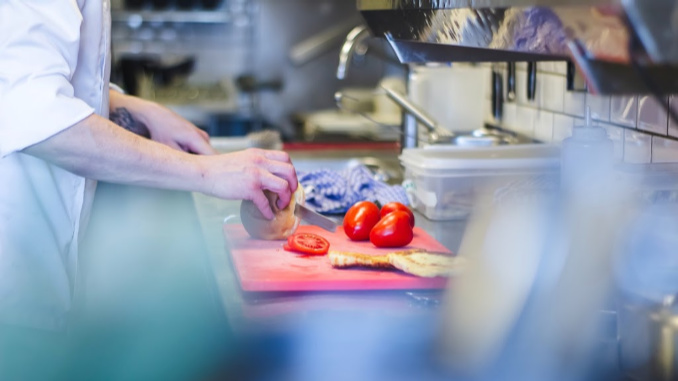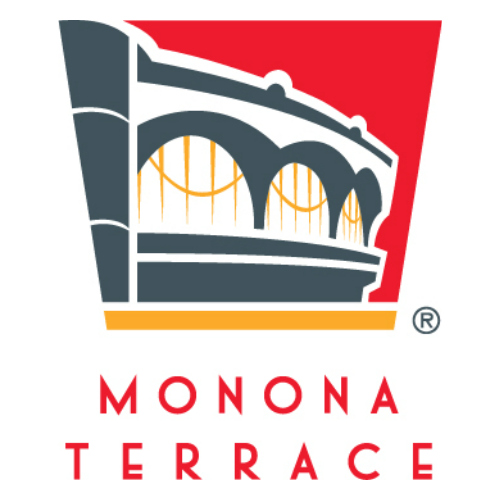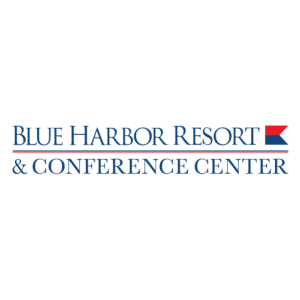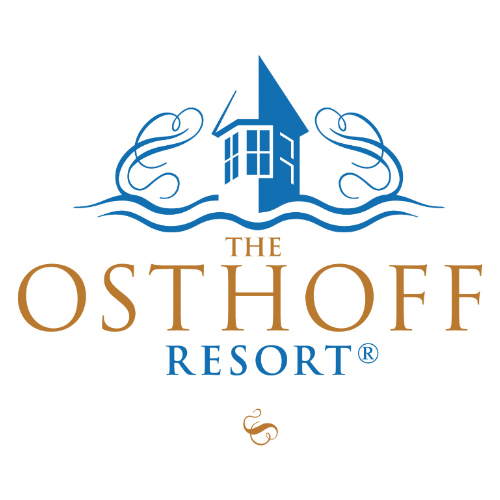COVID Catering
06/22/2020
By Ronnie Wendt | Photo by Louis Hansel @shotsoflouis on Unsplash
Just over a year ago, Bonnie Oleson, director of event marketing for Mid-West Family events, noted, “It used to be you could present a buffet, and you were good. Now you really need to accommodate people.”
Oleson referred to the need for non-traditional food offerings at meetings and events, making food and beverage (F&B) options an experience, and meeting a variety of dietary restrictions.
Her words apply today—but for different reasons. Buffets may become a thing of the past as COVID-19 remains an ever-constant presence in the meetings and events industry, and self-serve dining not allowed by various venues, municipalities and/or counties across the state.
Alma Kulata, director of sales at The Iron Horse Hotel, notes the pandemic has changed how venues handle food. The Milwaukee hotel adjusted menu options and processes for meetings/events before reopening June 1.
“Our first meeting [upon reopening] was going to have a nice buffet breakfast and lunch, and we had to change that pretty quickly,” Kulata says. “Banquets just are not possible right now.”
The changes The Iron Horse Hotel have made reflect F&B alterations across the nation where the primary goal is keeping attendees safe from the coronavirus. Though the list is far from comprehensive, here is a sampling of what venues and caterers are doing to keep F&B service safe for meeting attendees.
Skip the Buffet: The new normal could end the buffet. The Ingleside Hotel in Pewaukee now forgoes buffets and passed hors d’oeuvres. Servers deliver plated food to individuals. Or the hotel breaks up larger buffets into multiple stations and then has a server at each station dish food onto a plate held by the attendee. The hotel calls people to the stations in smaller groups. “You just can’t just have a buffet line with 20 people standing in line, then serving themselves,” says Tiffany Woodward, director of marketing and waterpark sales at The Ingleside Hotel.
Limit the Menu: By limiting menu options, caterers can invest more time into expanded kitchen sanitation, food preparation and serving. “We offer some customization,” Kulata says. “But our menu is not as varied and customizable as in the past. We treated our reopening as a new hotel opening where there is much to learn.”
Change up Beverage Service: Health protections are limited when everyone touches a carafe, pitcher or spigot. Hotels find asking attendees what they want to drink then serving each attendee individually is a better approach. This practice limits the number of people touching a carafe or pitcher. “Our servers wear gloves and masks when serving beverages to attendees,” Kulata adds.
Pick Packaged Products: Consider boxed lunches or prepackaged meals with single use packaging and disposable utensils. When using boxed meals, offer a variety of dietary options. Consider vegan, vegetarian, paleo, gluten-free, allergen-free and Keto options. “Many clients feeler safer with prepackaged meals than when food is plated and wrapped,” says Kulata. “It’s important to ask what your clients feel most comfortable with.”
Eliminate Community Condiments: Caterers are removing community salt and pepper shakers and condiments from the tables. “We’re going to individual packets,” says Woodward. “Some of these changes aren’t the prettiest to look at, but they are necessary to keep everybody safe.”
Take Temperatures: The Ingleside Hotel in Pewaukee requires employees to submit their temperatures and a brief questionnaire via an app before coming to work. Questionnaires inquire about the server or kitchen worker’s health, COVID-19 status, symptoms they are experiencing, past international travel and more. If the survey or temperature show potential illness, employees must stay home. “The app gives them sound guidance before they step on the property,” says Woodward. “It will tell them if you have these symptoms, don’t go to work.”
COVID-19 ushered in a new normal for catering businesses. But the accommodations are designed to protect people’s health and are viewed as a small price to pay to keep attendees safe. As Woodward says, “safety must come first” in the COVID-19 catering world.
Ronnie Wendt is the editor of Wisconsin Meetings magazine.











